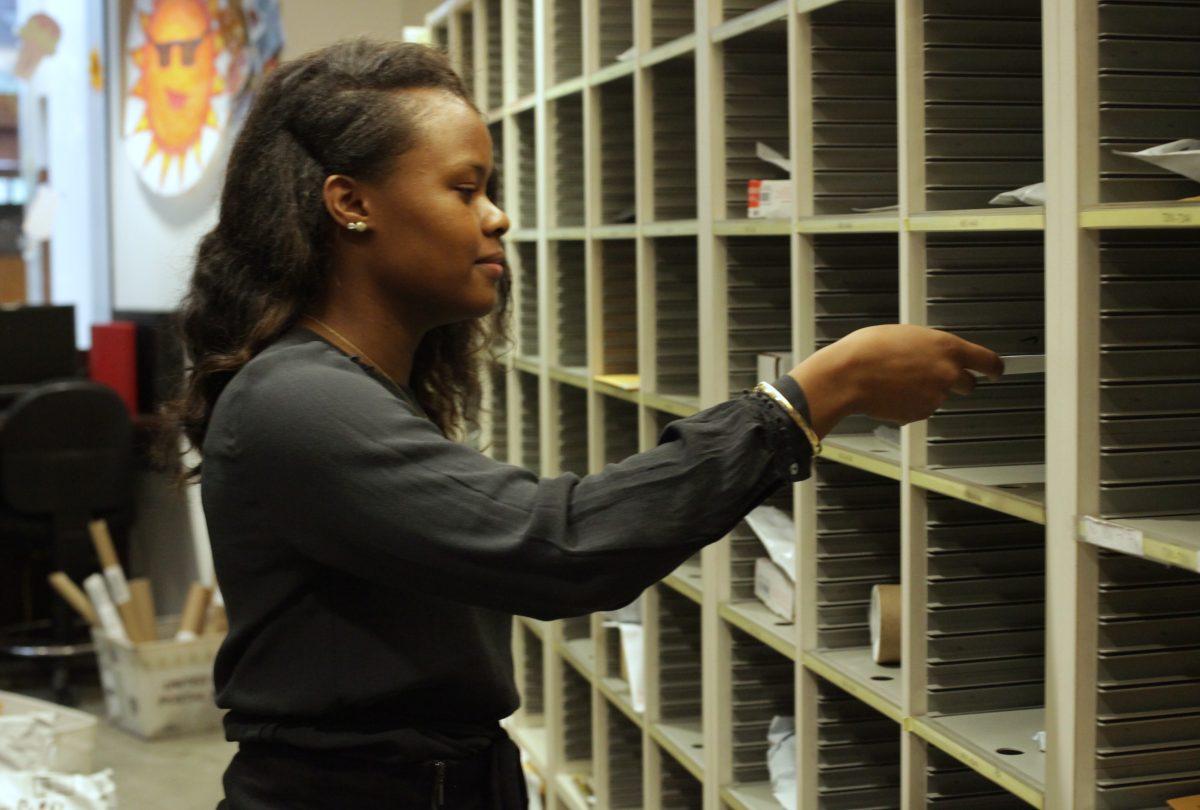This year, tuition at Wellesley increased by 3.9 percent, culminating in a total comprehensive fee of $61,000. According to Student Financial Services Director Scott Wallace-Juedes, Wellesley augmented its tuition because the cost of doing business as well as the cost of college in general increases each year.
According to Wellesley Director of Public Affairs Susan Rucci, the additional funds from tuition that Wellesley receives will go towards operating expenses, which include funding supplies, scholarships and employee salaries.
However, Wallace-Juedes said that within the past six years that he has worked at Wellesley College, he has not noticed any correlation between any previous or this year’s tuition increases and an increase in students applying for work study positions.
Brooke Lawrence ’17, who works as a Library and Technology Services Student Manager, agreed.
“I haven’t noticed a particular increase in applications,” Lawrence, who is on financial aid and Federal Work-Study, said. “The library tends to get a lot of applications anyway because we’re so visible.”
Maxine Hood ’19, who is not on Federal Work Study, but is a student technician at the Clapp Library Help Desk, also stated that the tuition increase did not affect on-campus employment availability either.
“I think that the people who want to work will find work,” Hood said.
“I know that there’s tough competition for standard college jobs, but it’s easier to get a job if you go through certain departments and look at specific skills that certain jobs require.”
On the contrary, some students do not concur, such as the members of the Student Labor Action Project (SLAP). This past March, SLAP hosted table talks to create a forum discussing how to enhance Wellesley’s financial accessibility.
Additionally, Wallace-Juedes said that job availability may even be less of an issue this year than it has in past years solely because there have been a couple of on-campus employment changes along with the tuition increase. For instance, Residential Assistants (RAs) and House Presidents (HPs) are now being compensated when in past years, they were not.
However, second floor Beebe RA Mariana Hernandez ‘19 said that she does not know of any RAs who quit their original work study jobs just because they now receive a stipend as an RA. For instance, Hernandez is on financial aid and work study herself, and still continues her first-year work study job as a mail service associate. She did, however, take fewer hours this year.
“Being an RA hasn’t changed my financial situation much,” Hernandez said. “I may be paid just a little more this year than I was last year, but the payments are different. RAs get paid a stipend at the beginning and end of the semester and it’s not based on hours. It’s a lump sum.”
Although the tuition increase does not seem to be affecting on-campus employment or the number of work-study applications, the tuition increase does negatively affect students who are not already awarded financial aid.
“If a student has a need-based financial aid award, which comes with a work study award, and that student’s financial situation stays the same, the student can expect an additional grant to cover any increase in tuition,” Wallace-Juedes said. “The tuition increase would have probably more dramatically impacted non-aided students.”
Nonetheless, if a student is impacted in an extremely negative way, United States citizens and permanent residents can apply for financial aid as their college tuition increases. On the other hand, international students cannot. International students are admitted under a need-aware financial aid policy, meaning that his or her financial situation is considered during the admissions process.
Consequently, Wellesley Student Financial Services (SFS) can award international students financial aid as they are admitted to Wellesley, but even if there is an increase in tuition, their financial aid package would still remain the same.
“The financial aid contribution for international students is what we promise them will be a contribution from us for four years,” Wallace-Juedes said. “That way, they do not have to reapply for aid each year, but they cannot apply for a different financial aid package.”
Wallace-Juedes said that within the next semester, SFS is going to research more about work study and financial aid patterns amongst students, so the department may uncover some evidence surrounding the true effects of the tuition increase. For instance, Student Financial Services employees are going to investigate why some students who have work study awards do not pursue work study.
“It is not mandatory to take advantage of work study, so we’re going to try and understand if it was because they couldn’t get a job that they wanted or some other reason,” Wallace-Juedes said.






